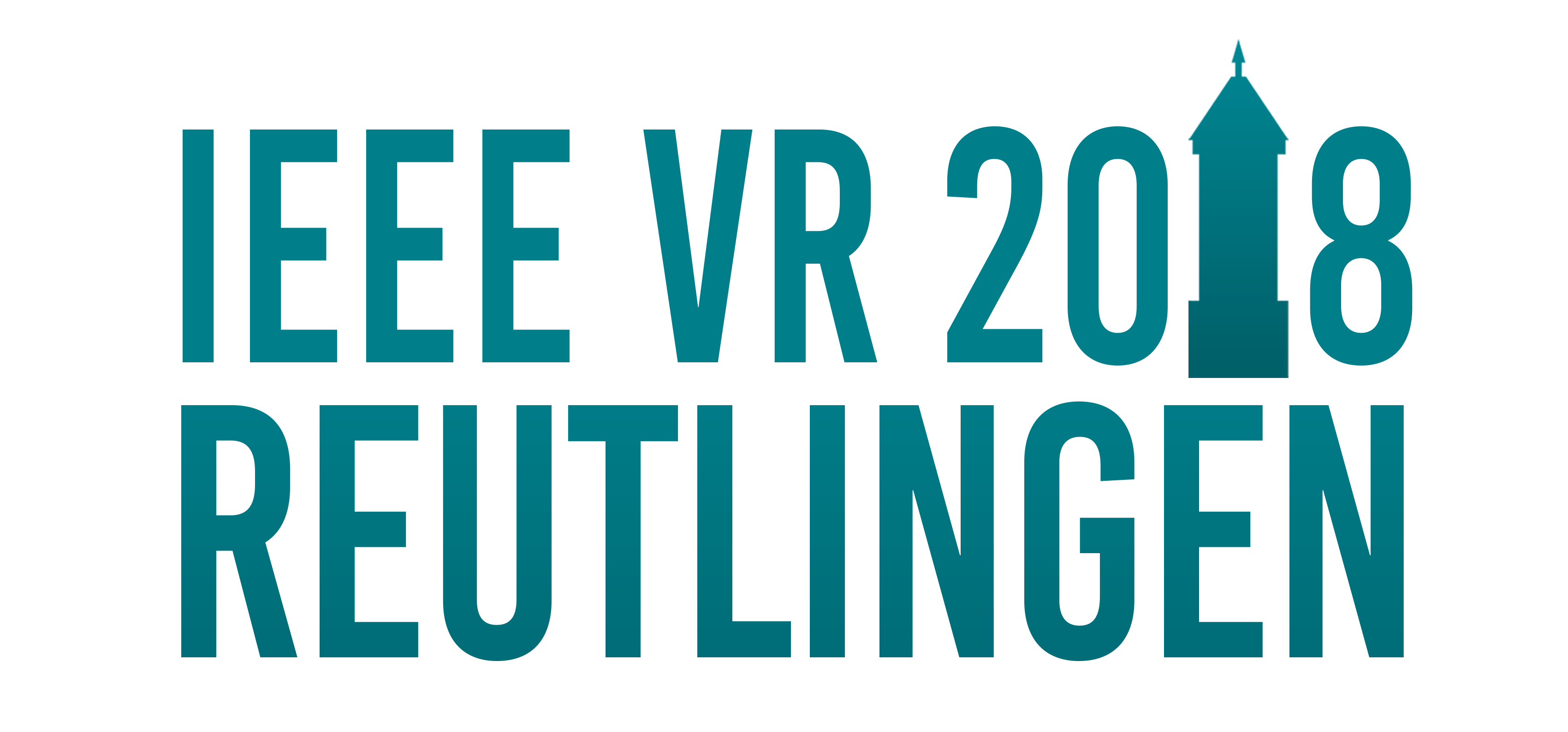
March 18th - 22nd

March 18th - 22nd
In Cooperation with
the German Association for Electrical, Electronic and Information Technologies: VDE


![]()
In Cooperation with
the German Association for Electrical, Electronic and Information Technologies: VDE


Exhibitors and Supporters
Diamond
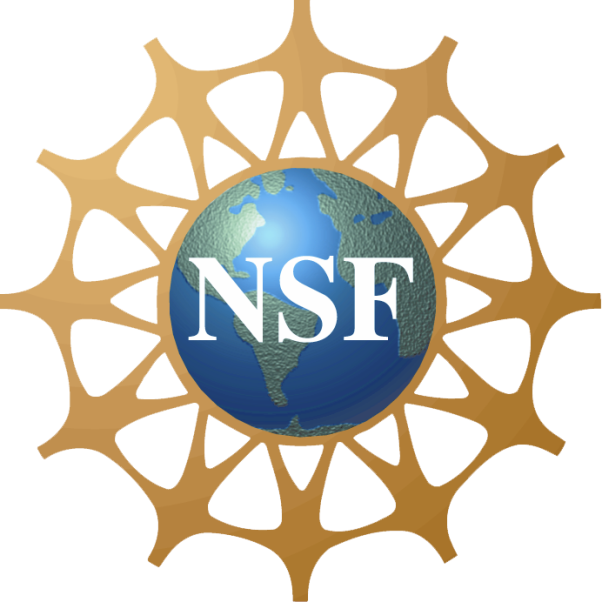
National Science Foundation
Gold
VICON

Digital Projection
Gold Awards

NVIDIA
Silver

ART
Bronze
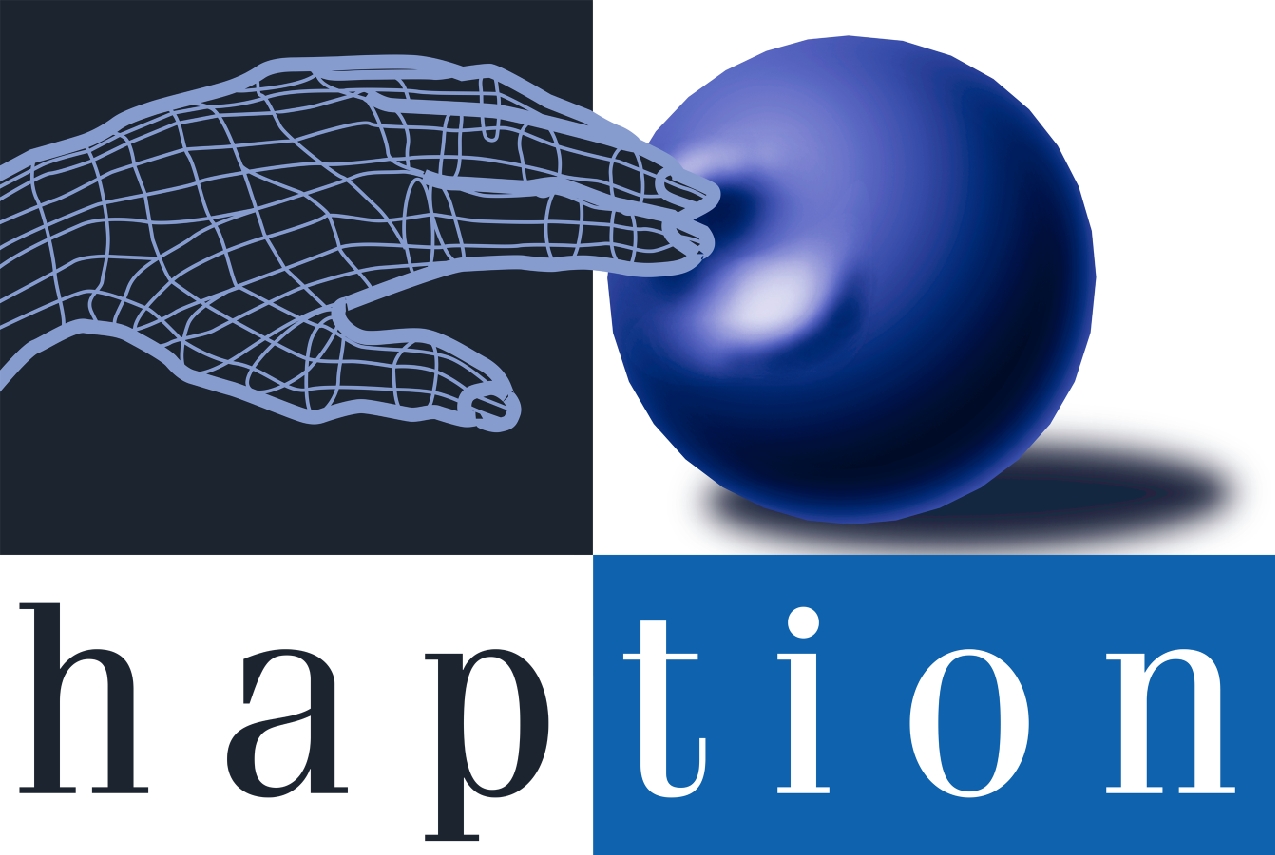
Haption

MiddleVR
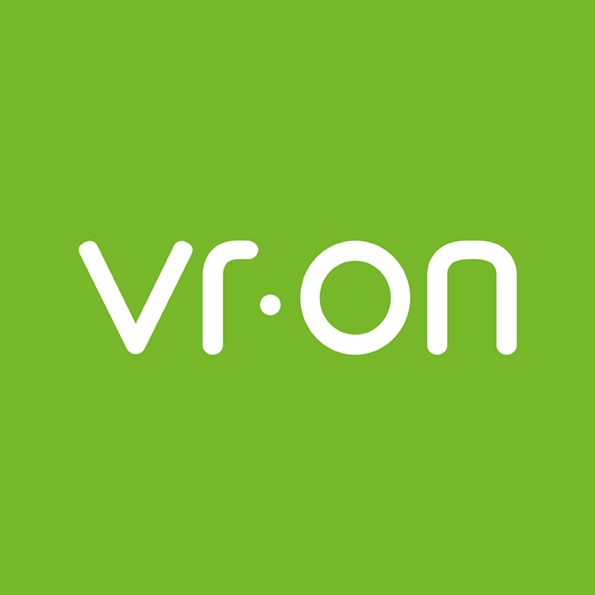
VR-ON

VISCON
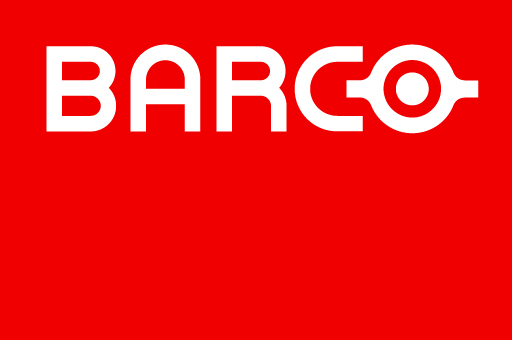
BARCO

Ultrahaptics

WorldViz

Disney Research

Microsoft
Non-Profit

Computer Network Information Center
Sponsor for Research Demo

KUKA
Other Sponsors
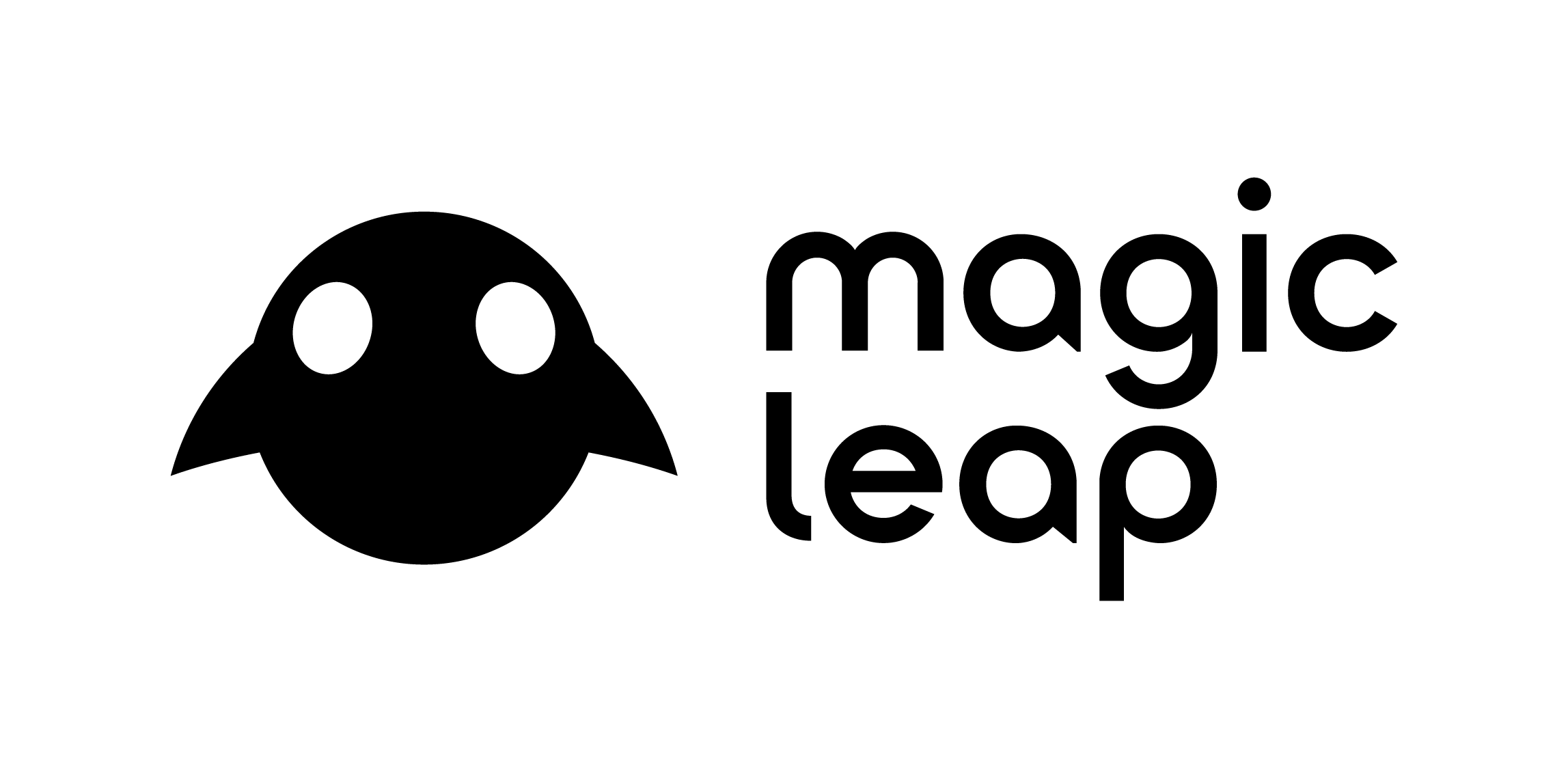
Magic Leap
Exhibitors and Supporters
Workshops
The following 11 workshops will be held at IEEE Virtual Reality 2018, on March 18th and/or 19th.
- 3DCVE: Fourth IEEE VR International Workshop on 3D Collaborative Virtual Environments
- ANIVAE: First IEEE VR International Workshop on Animation in Virtual and Augmented Environments
- VAR4Good: Virtual and Augmented Reality for Good
- BCNAE: Body Consciousness in Natural and Artificial Environments
- HAPTICS: Wearable and portable haptics for VR and AR
- KELVAR: Third Workshop on K-12+ Embodied Learning through Virtual & Augmented Reality
- PERCAR: Fourth IEEE VR International Workshop on Perceptual and Cognitive Issues in VR
- SEARIS: Software Engineering and Architectures for Realtime Interactive Systems
- SIVE: Sonic Interactions for Virtual Environments
- VHCIE: Virtual Humans and Crowds in Immersive Environments
- WEVR: Workshop on Everyday Virtual Reality
Please check each workshop’s website or contact organizers for the most up to date information.
3DCVE: Fourth IEEE VR International Workshop on 3D Collaborative Virtual Environments
Date: March 19th, 9:00 AM - 5:00 PM
Website: https://sites.google.com/site/3dcveieeevr2018/
- Submission - January 22, 2018
- Notification - February 10, 2018
- Camera Ready - March 7, 2018
We invite submissions that address theoretical, technical, and practical topics that are related to collaboration in 3D virtual environments, including but not limited to Immersive collaborative virtual reality, multi-user 3D interaction techniques, social behaviour in collaborative virtual reality, interaction metaphors for collaborative virtual environments, mutual awareness among users / workspace awareness, asymmetric collaboration (e.g., 2D / 3D or immersive / non immersive), and software architectures and frameworks for 3D CVE development and deployment.
Organizer: Thierry Duval, IMT Atlantique - Lab-STICC
ANIVAE: First IEEE VR International Workshop on Animation in Virtual and Augmented Environments
Date: March 19th, 9:00 AM - 12:00 PM
Website: https://anivae.fhstp.ac.at
- Submission - January 14, 2018
- Notification - February 14, 2018
- Camera Ready - March 2, 2018
ANIVAE wants to account the state-of-the-art research in digital humanities with (software) design and visualization for AVR systems, to shape a common understanding, to compare systems and approaches and derive common paradigms, to develop useful and necessary methods and techniques, and to foster new ideas. Topics of interest include (but are not limited to): animated reality vs. mixed reality content, animation techniques in AVR environments, hardware/Software support for animation in AVR, interdisciplinary and intermedia approaches (e.g. games, film, theatre, fine arts etc.), motion and/or performance capture, tools/methods/use cases for Interactive dissemination of animated AVR content, use Cases and Applications of animated content in AVR environments and user Acceptance of animated AVR contents.
Organizers:
- Franziska Bruckner, St. Pölten University of Applied Sciences
- Thomas Moser, St. Pölten University of Applied Sciences
VAR4Good: Virtual and Augmented Reality for Good
Date: March 18th, 9:00 AM - 5:30 PM
Website: http://ar4good.org/
- Submission - January 15, 2018
- Notification - February 10, 2018
- Camera Ready - February 17, 2018
We invite application and position papers (2-4 pages, excluding references), that address the way that VR/AR technologies can solve real-world problems in various application domains including, but not limited to, health, the environment, education, sports, and applications in support of special needs such as assistive, adaptive, and rehabilitative applications. Our focus and preference will be on applications that are beyond general uses of VR/AR; we seek submissions describing work with specific goals and methods aimed at improving the lives of individuals, communities, or society.
This workshop will bring together researchers, developers, and industry partners in presenting and promoting research that intends to solve a real-world problem using VR/AR. It will provide a platform to discuss challenges and opportunities to use VR/AR to help humankind and society in more impactful ways. This will help grow a community to create Virtual and Augmented Reality for Good (VAR4Good).
Organizers:
- Gregory Welch, University of Central Florida, USA
- Bruce Thomas, University of South Australia, Australia
- Mark Billinghurst, University of South Australia, Australia
- Arindam Dey, University of South Australia, Australia
BCNAE: Body Consciousness in Natural and Artificial Environments
Date: March 18th, 9:00 AM - 12:00 PM
Website: https://bond.edu.au/researchers/research-strengths/faculty-research-centres/interdisciplinary-centre-artificial-mind
- Submission - January 26, 2018
- Notification - February 11, 2018
- Camera-ready - March 3, 2018
Body consciousness (BC) is a particular knowledge which allows us to be informed of the existence of our body parts, our volume, our postures and movements and our limits in the 3D space. BC is gradually developing via multi-sensory information (visual, vestibular, somatosensory, proprioceptive) from the beginning of life.
We aim to bring together neuroscientists, psychologists, engineers, computer scientists, artists and roboticians, to explore body consciousness in natural environments via fundamental studies and in artificial environments via virtual/ augmented/mixed reality and/or robots. Topics include but are not limited to: Body/postural development; spatial navigation (earth vs air); visuo-vestibular and proprioceptive interactions; immersion (virtual/mixed/augmented reality); virtual art installation. All submissions must be addressed to igiannop@bond.edu.au.
We invite submissions of papers or preliminary research results in the form of papers following ieeevr 2018 formatting guidelines http://junctionpublishing.org/vgtc/Tasks/camera_tvcg.html. Research papers should not exceed 4 pages
Organisers:
- Irini Giannopulu, Bond University, Australia
- Haruo Mizutani, Bond University, Australia & Dwango Co., Ltd, Tokyo, Japan
HAPTICS: Wearable and portable haptics for VR and AR
Date: March 19th, 1:30 PM - 5:00 PM
Website: http://tinyurl.com/workshop-haptics
Compact, unobtrusive, inexpensive, easy-to-wear, and lightweight haptic devices enable researchers to provide compelling touch sensations to multiple parts of the body, significantly increasing the applicability of haptics in many fields, such as robotics, rehabilitation, gaming, and immersive systems. In this respect, wearable and portable haptics have a particularly great potential in the fields of virtual and augmented reality. Being able to touch virtual objects in a wearable and unobtrusive way may indeed open new exciting avenues for the fields of haptics and VR. Development of these types of haptic devices is quite active, and we can already see applications targeting VR and AR immersive scenarios. This workshop presents a review of wearable and portable haptic systems for VR and AR applications. We will discuss the main technological and design challenges for the development of such haptic interfaces, and we will report on the future perspectives for the field.
Organizers:
- Claudio Pacchierotti, CNRS, France
- Miguel Otaduy, URJC, Spain
- Domenico Prattichizzo, University of Siena & IIT, Italy
KELVAR: Third Workshop on K-12+ Embodied Learning through Virtual & Augmented Reality
Date: March 19th, 9:00 AM - 12:00 PM
Website: https://sites.google.com/site/vrkelvar/
- Abstract - January 23, 2018
- Full Submission - February 2, 2018
- Notification - February 10, 2018
- Camera Ready - February 20, 2018
K-12+ education is currently undergoing a technological revolution creating opportunities for Virtual-, Augmented-, and Mixed-Reality learning. Technology integration will continue to increase as new technologies become affordable to schools, vocational organizations, universities, and informal educational settings. In this workshop we bring together developers and researchers who are interested in creating the educational contexts of the future. The workshop will enable participants to discuss and discover different approaches for integrating VR, AR, MR technologies, specifically focusing on the potential of embodied learning in various educational contexts. We welcome preliminary research results and thought-provoking position papers, on topics related to VR/AR/MR learning for K-12+, such as: VR, AR & MR Technologies and Applications (for formal and informal settings); theories and applications of embodied cognition and learning; curriculum-based educational applications; student-teacher pedagogical interaction and instructional implications; classroom integration of technology; and teacher and student content authoring tools.
Organizers:
- Iulian Radu, Harvard University, USA
- Erica Southgate, University of Newcastle, Australia
- Francisco R. Ortega, Florida International University, USA
- Shamus Smith, University of Newcastle, Australia
- Jerry Alan Fails, Boise State University, USA
- Steven Cutchin, Boise State University, USA
PERCAR: Fourth IEEE VR International Workshop on Perceptual and Cognitive Issues in AR
Date: March 19th, 1:30 PM - 5:00 PM
Website: https://sites.google.com/site/percar2018/
- Submission - February 2, 2018
- Notification - February 10, 2018
- Camera ready - March 1, 2018
We expect researchers to submit early work, such as initial analyses of user studies or experimental visualization techniques, although position papers that comprise several pages and summarize a range of previous experiments or experiences (survey) also fall inside the scope of the workshop. Papers should be between 2 and 4 pages in length (excluding references) and may cover one or more of the following topics: depth perception in AR, color perception issues, issues related to visual search / information processing, situational awareness, studies related to selective, focused or divided attention, visualization techniques addressing perceptual or cognitive issues, view management techniques, etc. We also hope to have a PERCAR special issue in PRESENCE, helping to further solidify and grow the community.
Organizers:
- Joe Gabbard, Virginia Tech, USA
- Richard Skarbez, Virginia Tech, USA
- Kiyoshi Kiyokawa, Nara Institute of Science and Technology, Japan
- Ernst Kruijff, Hochschule Bonn-Rhein-Sieg, Germany
Software Engineering and Architectures for Realtime Interactive Systems (SEARIS)
Date: March 19th, 9:00 AM - 5:00 PM
Website: http://searis.net
- Abstract - January 24, 2018
- Full Submission - January 31, 2018
- Notification - February 21, 2018
- Camera Ready - February 28, 2018
SEARIS provides a forum for researchers and practitioners working on the design, development, and support of realtime interactive systems (RIS). These systems span from Virtual Reality (VR), Augmented Reality (AR), and Mixed Reality (MR) environments to novel Human-Computer Interaction systems (such as multimodal or multitouch architectures) and entertainment applications in general. Their common principle is a strong user centric orientation which requires real-time processing of simulation aspects as well as input/output events according to perceptual constraints. Therefore, we encourage researchers and developers of real-time human computer interaction systems of all flavors to share their experiences and learn from each other during this workshop. SEARIS wants to account the state-of-the-art in software design and software engineering for realtime interactive systems, to shape a common understanding, to compare systems and approaches and derive common paradigms, to develop useful and necessary methods and techniques, and to foster new ideas. We also welcome reflective and even controversial contributions.
Organizers:
- Marc Erich Latoschik, University of Würzburg, Germany
- Dirk Reiners, University of Arkansas, Little Rock, USA
- Wesley Griffin, National Institute of Standards and Technology (NIST), USA
- Pablo Figueroa, Universidad de los Andes, Bogota, Colombia
Sonic Interactions for Virtual Environments (SIVE)
Date: March 18th, 9:00 AM - 5:30 PM
Website: http://sive.create.aau.dk
- Abstract - January 25, 2018
- Full Submission - February 1, 2018
- Notification - February 10, 2018
- Camera Ready - March 1, 2018
Sonic interaction design is defined as the study and exploitation of sound as one of the principal channels conveying information, meaning, and aesthetic/ emotional qualities in interactive contexts. This field lies at the intersection of interaction design and sound and music computing. In the virtual reality community, the focus on research in topics related to auditory feedback has been rather limited when compared, for example, to the focus placed on visual feedback or even on haptic feedback. The main goal of this workshop is to increase among the VR community the awareness of the importance of sonic elements when designing virtual/augmented/mixed reality (VR/AR/MR) environments. We will also discuss how research in other related fields such as film sound theory, product sound design, sound and music computing, game sound design and computer music can inform designers of VR/AR/MR environments. Moreover, the workshop will feature state of the art research on the field of sound for VR/AR/MR environments.
Organizers:
- Michele Geronazzo, Aalborg University Copenhagen (mge@create.aau.dk), Denmark
- Stefania Serafin, Aalborg University Copenhagen, Denmark
- Cumhur Erkut, Aalborg University Copenhagen, Denmark
- Niels Christian Nilsson, Aalborg University Copenhagen, Denmark
- Francesco Grani, HERE Technologies GmbH
- Federico Avanzini, University of Milan, Italy
Virtual Humans and Crowds in Immersive Environments (VHCIE)
Date: March 19th, 1:30 PM- 5:00 PM
Website: https://sites.google.com/site/vhcieieeevr2018
- Submission - January 29, 2018
- Notification - February 10, 2018
- Camera Ready - February 28, 2018
Recently many tools, including algorithms and systems, have made it easier to populate immersive virtual environments (VEs) with autonomous characters. Today it is common to explore virtual environments that can reach the size of an entire city that can be populated by many thousands of virtual characters. In this context VHCIE workshop aims at presenting state of the art character and crowd animation techniques for interactive characters, examples of new research opportunities by the availability of populated virtual environment, new research on avatars as well as discussing technological requirements for future applications. We invite submissions of research papers and technical notes (4-8 pages) or position papers and work-in-progress research abstracts (2-3 pages) that are related to Virtual Humans (VH), Virtual Crowds (VC), Immersive populated spaces, Interaction with VH & VC, Multimodal rendering of VH & VC, Virtual Reality applications to VH & VC and anything related to VH or VC!
Organizers:
- Ming Lin, University of North Carolina at Chapel Hill, USA
- Anne-Hélène Olivier, University of Rennes, France
- Julien Pettré, Inria Rennes, France
WEVR: Workshop on Everyday Virtual Reality
Date: March 18th, 9:00 AM - 5:30 PM
Website: http://wevr.adalsimeone.me
- Abstract - January 28, 2018
- Full Submission - February 4, 2018
- Notification - February 10, 2018
- Camera Ready - February 24, 2018
The commercial release of consumer grade VR HMDs has allowed a wider user base to experience VR in everyday environments such as their own home or office. These environments pose different challenges than those encountered in conventional laboratories. The Workshop on Everyday VR focuses on the investigation of well-known VR research themes in all those contexts and scenarios not exclusively pertaining to research laboratories and specialist environments.
We invite 4-page (max. 6) submissions pertaining to the intersection between the following themes and “everyday” contexts of use such as homes and offices: Gameplay Design and Player Interaction in VR, Overcoming constraints of real environments, Tangible and haptics support to interaction with the environment, Co-located and Remote Social & Collaborative VR and related challenges, 3DUIs for Desktop or semi-immersive VR, VR home healthcare and education, Effects of prolonged VR use in domestic settings, New trends of VR applications
Organizers:
- Adalberto Simeone, KU Leuven, Belgium
- Wendy Powell, University of Portsmouth, UK
- Vaughan Powell, University of Portsmouth, UK
- Kyle Johnsen, University of Georgia, USA
- Svetlana Bialkova, University of Utrecht, The Netherlands